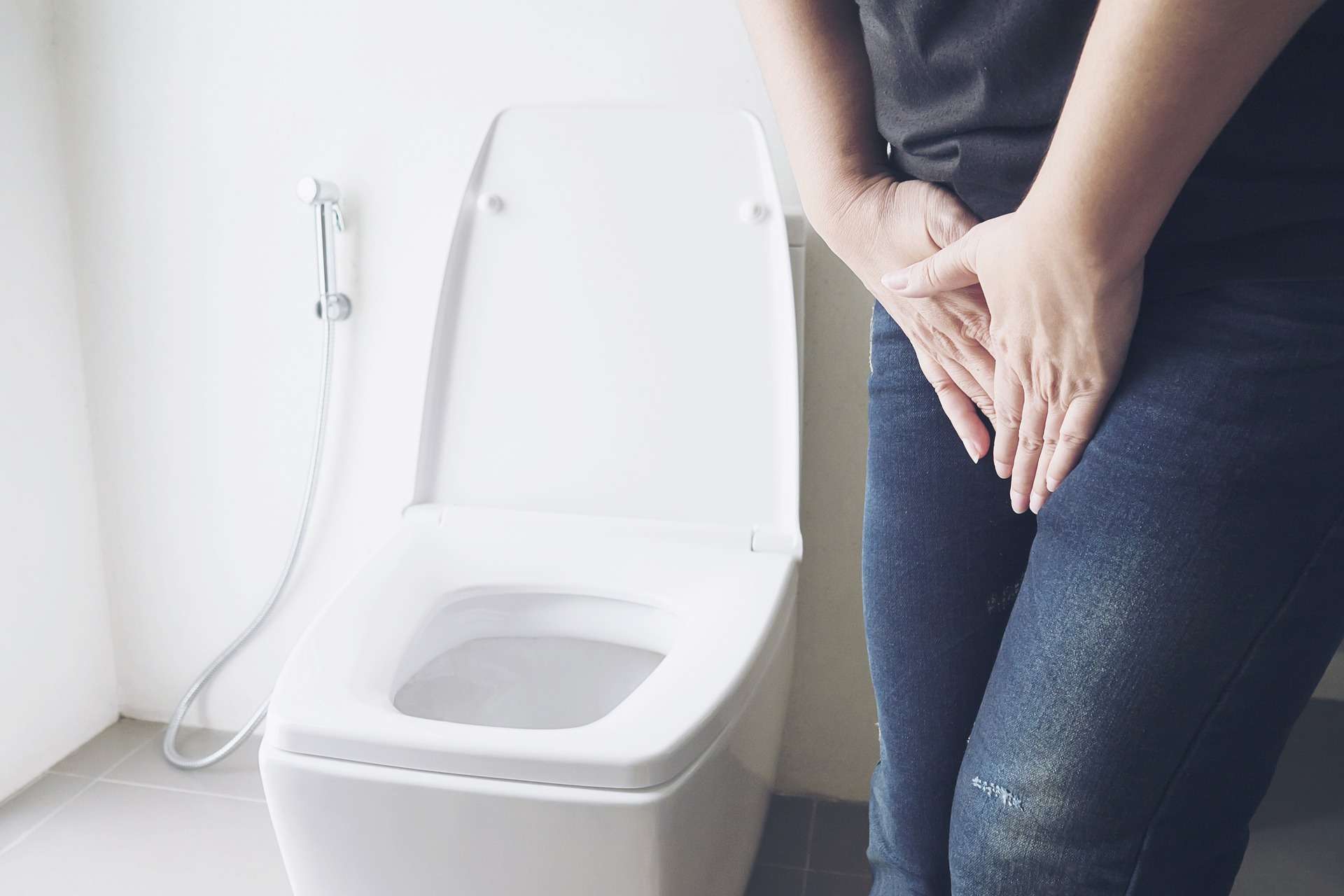Vaginal yeast, also known as candida, is a microorganism naturally found in the vaginal area, and lactobacillus bacteria maintain its growth.
If there is an imbalance in the system, these bacteria will not function effectively. This will lead to increased growth of the fungus and the appearance of symptoms of vaginal yeast infection such as vulvar itching, swelling, and irritation.
It is not considered a sexually transmitted disease, but sexual contact can indeed transmit it, and even women who are not sexually active can get it. Sounds fun, right?
Main symptoms:
- Vaginal itching
- Swelling in the vulva area
- Burning during urination and sexual intercourse
- Pain during intercourse
- Pain
- Redness
- rash
Another symptom is a lumpy, yellow-white discharge. Some people describe this discharge as resembling cottage cheese. Sometimes the discharge can be watery.
What are the causes of vaginal yeast infection?
There are several causes of vaginal yeast infection:
- Using antibiotics, which increases the amount of lactobacillus bacteria (good bacteria) in the vagina
- pregnancy
- Uncontrolled diabetes
- Weak immune system
- Hormonal imbalance
- pressure
A particular fungus called Candida albicans causes most fungal infections, and these are relatively easily treated.
If you have recurring vaginal yeast infections or can't get rid of them with conventional treatments, you may have a different type of candida. A lab test can identify which type of candida you have and help you find the best treatment for you.
How is a fungal infection diagnosed?
Your doctor will usually ask you about your medical history and perform a vaginal exam. Depending on what the doctor sees, the next step will be to take a sample from your vagina. The cells taken will be tested in a laboratory.
Treatment
Every fungus is different, so the doctor may suggest a different treatment, depending on the severity of the symptoms.
For a mild infection, you will probably be prescribed a 1-6 day prescription for an antifungal cream, tablet, ointment, or suppository. Some are prescription and some are non-prescription.
It is worth doing a follow-up test if symptoms return within two months.
An infection will be defined as severe when:
- There is serious redness, swelling, and itching that leads to pain and tears in the vaginal tissue
- You had more than four mushrooms in a year.
- Are you pregnant?
- Have uncontrolled diabetes or a weak immune system
- There is AIDS.
You can try using home remedies if you don't want to use prescription medications, but their effectiveness can vary.
It is recommended to use a condom during sex, talk about it with your partner, and get tested.
In severe cases, such as when there is a risk of infection, and in general, it is recommended to consult your doctor.
This article is not a substitute for medical diagnosis and advice. For any condition or problem, it is recommended to consult your doctor.






